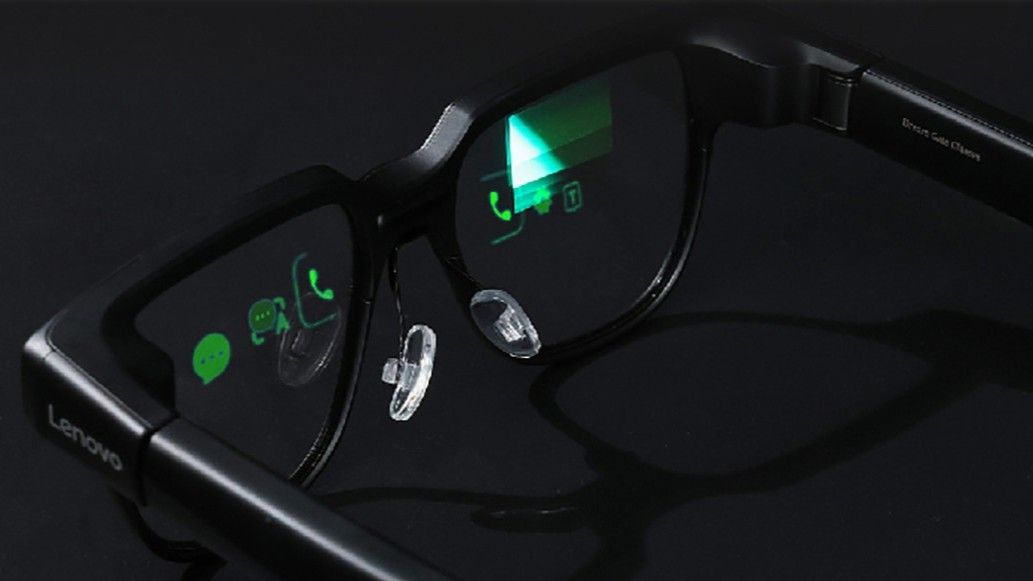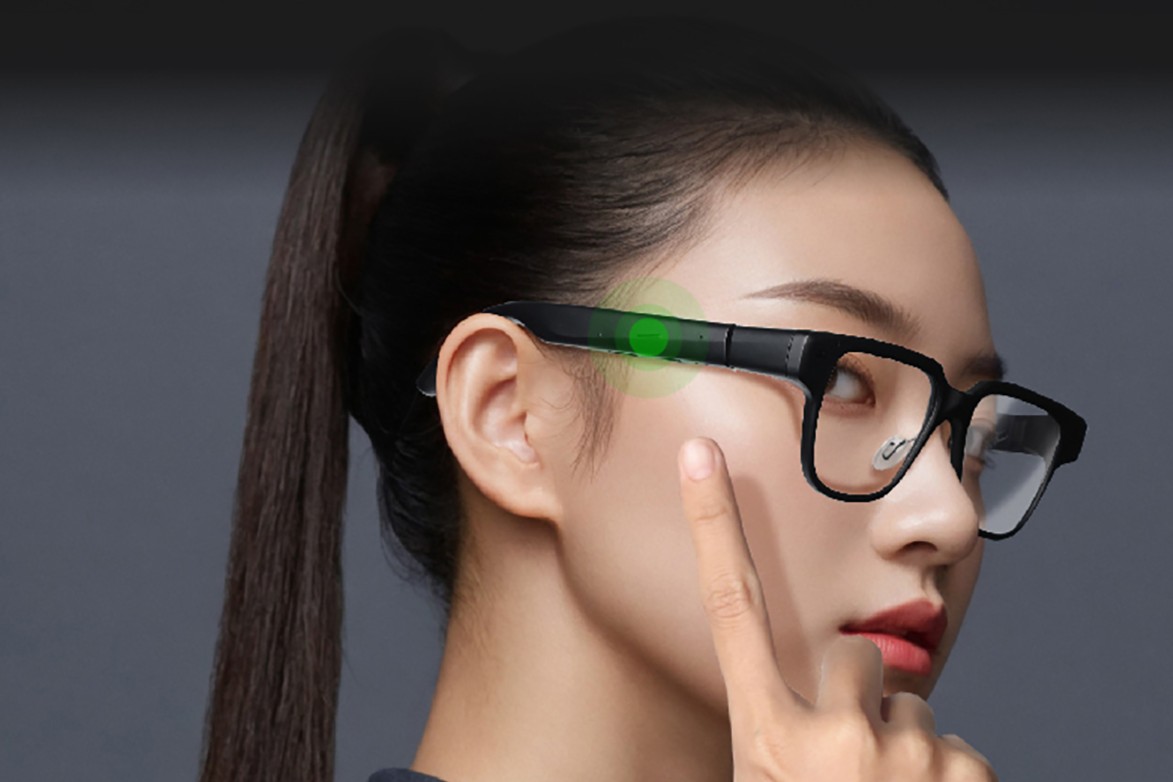
What you need to know
- Lenovo’s AI Glasses V1 weigh just 38 grams with 1.8 mm lenses, making them some of the lightest smart glasses ever.
- The 2,000-nit resin diffraction waveguide display promises crisp, stable visuals that stay clear even with head movement.
- A teleprompter mode and smart ring pairing make it handy for creators and presenters who want hands-free control.
- Users can expect up to 10 hours in translation mode, 4 hours in teleprompter mode, and 250 hours on standby, with a 40-minute full recharge time.
Enjoy our content? Make sure to set Android Central as a preferred source in Google Search, and find out why you should so that you can stay up-to-date on the latest news, reviews, features, and more.
The race to put a useful computer on your face has been plagued by one major, forehead-squishing problem: bulk. Most AR glasses feel like strapping a paperweight to your skull. Lenovo is betting that its new solution isn't a more powerful chip or a brighter display, but a radical focus on shedding weight.
Lenovo rolled out the AI Glasses V1 in China with a price tag of CNY 3,999 (about $562) and preorders now open, with sales set to begin around November 9 (via Notebookcheck). The company is positioning them as a productivity-friendly wearable rather than purely a gimmick.
The build is the first thing you’ll notice: the glasses weigh just 38 grams, making them lighter than most leading smart glasses. The lenses are only 1.8 mm thick, and Lenovo uses a resin diffraction waveguide display with a peak brightness of 2,000 nits.
It supports a 15 × 11 mm eye-box designed to maintain stable visuals even if your head moves slightly. You also get the choice to switch between monocular or binocular display modes depending on how you wear them.
Built for productivity AI

On the software and features side: the glasses are powered by Lenovo’s own Tianxi AI assistant, which handles voice commands, real-time translation (voice and on-screen text) and information search. For productivity and creators, there’s a teleprompter mode (when paired with Lenovo’s smart ring accessory you can scroll slides or prompts without looking away).
Audio and input are covered by stereo speakers built into the frame’s temples and dual microphones, and connectivity is via Bluetooth 5.4. However, some advanced features, like the navigation overlays, are currently limited to Android smartphones only.
Battery wise, Lenovo claims up to 10 hours of use in translation mode, around 4 hours in teleprompter mode, and a standby time of up to 250 hours. Charging is fast, taking about 40 minutes for a full charge.
On the flip side, to hit that ultra-lightness, Lenovo trimmed a few things: there’s no built-in camera (which some competing wearables do offer) and the battery is smaller compared to higher-profile AR headsets.
If you’re into wearable tech and like the idea of glasses that do more than sit there, the AI Glasses V1 are definitely worth watching. That said, you’ll want to wait and see how they feel in the real world and whether Lenovo brings a version for international markets and different languages.







